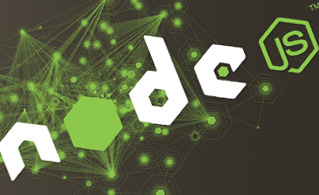Hepsia Advanced Features
The Advanced tab gives you quick access to an array of advanced features, among them the Memcached distributed memory object caching system and the Varnish Cache web accelerator, which will help you optimize your websites and apps without having to move away from the hosting Control Panel. Based on the web hosting plan, these tools are either added by default or are offered in the form of easily gettable upgrades. InnoDB and NodeJS support is offered too.

Varnish
Varnish Cache is a web accelerator also famous as an HTTP accelerator. You can install it in front of any web server that speaks HTTP and configure it to cache the contents. Varnish Cache is very, very fast and will increase your website's loading speed. One of the essential pluses of Varnish Cache is the flexibility of its domain-specific language, VCL, which enables you to determine how incoming requests should be handled.

Memcached
Memcached is a general-purpose memory caching system for speeding up dynamic database-powered web sites. It is used to lower the number of times an external data source (such as a database or API) is read by caching data and objects in RAM. The Memcached distributed memory object caching system uses a client'server architecture. The Memcached system is employed by some of the most traffic-heavy sites on the World Wide Web and is supported by famous CMSs like Joomla and WordPress.

Node.js
Node.js is a software system for building scalable Internet apps. Written in JavaScript, Node.js uses an event-driven, non-blocking input/output model that makes it lightweight and effective, suitable for high-performance data-rich network apps. Node.js uses Google's V8 JavaScript engine, libUV, and several in-built libraries.
InnoDB
InnoDB is the default database engine for the MySQL open-source DBMS. A storage engine is the primary software component that a database management system uses to create, retrieve, modify and delete data from a database. Its latest release offers substantial improvements in efficacy, dependability and functionality. InnoDB provides the standard ACID-compliant transaction properties, as well as foreign key support. InnoDB is included by default in most binary distributions from MySQL AB.
